Tag: refugees
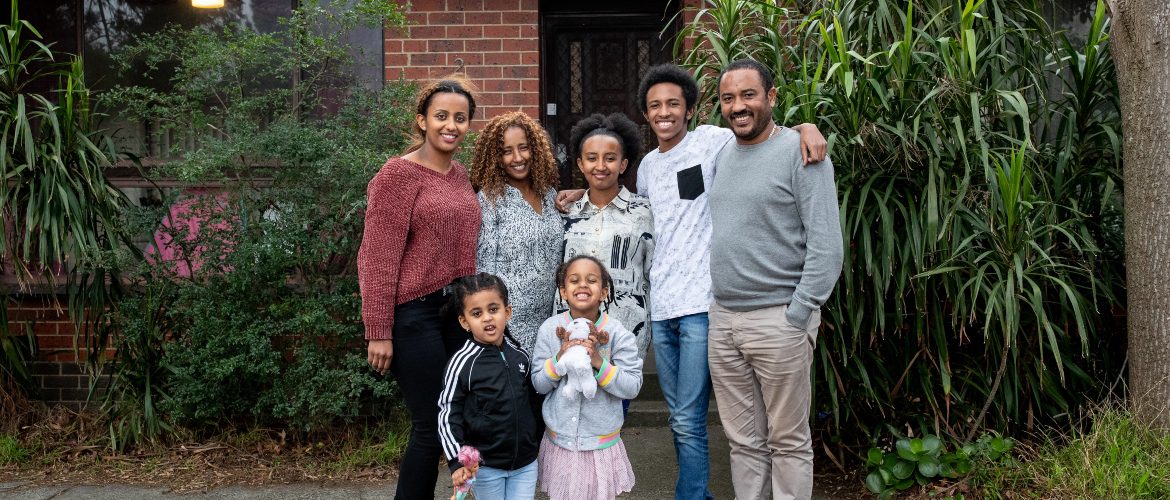
Dabessa’s Story
/
Dabessa and his wife Lelisse are members of the Oromo ethnic community in Ethiopia. After nine long years of persecution, separation and uncertainty, their family was reunited in Australia in 2013. Read more »
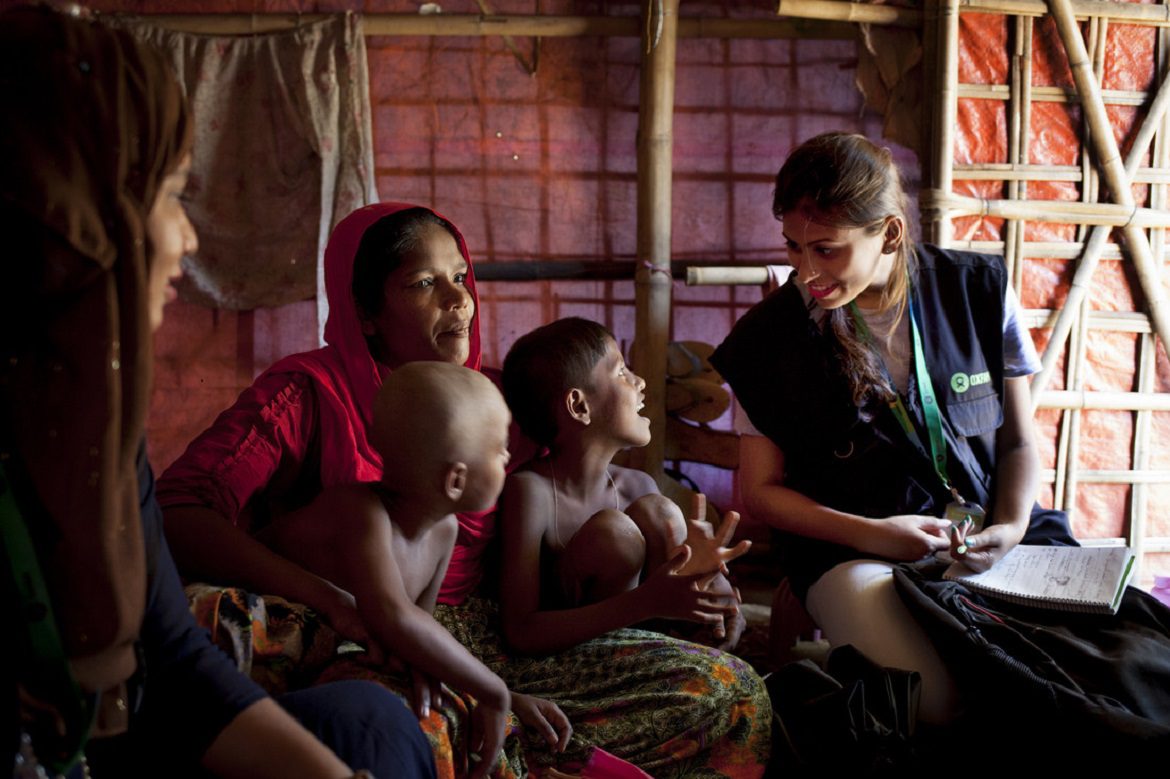
How your donation is helping Rohingya refugees rebuild
Thanks to you, Oxfam teams are on the ground in Bangladesh, working to improve living conditions for the many Rohingya families seeking refuge in makeshift camps there. Read more »
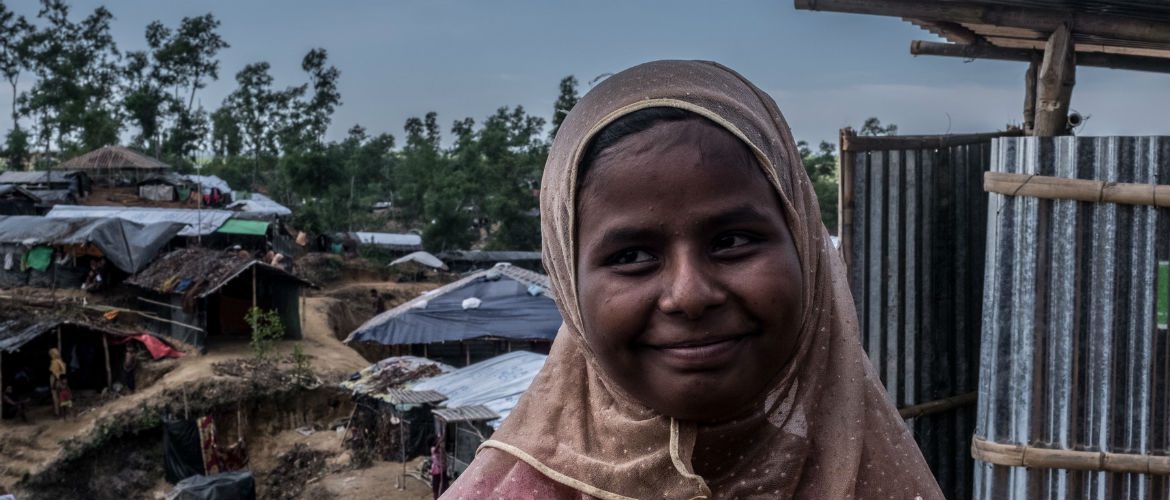
Foreign aid: Australia must match the generosity of those we’re helping
/
Australia needs a generous and stable aid program that leaves no one behind, bolsters the capacity and responsibility of countries to provide for all their people, and helps to build resilience in an increasingly risky world. Read more »
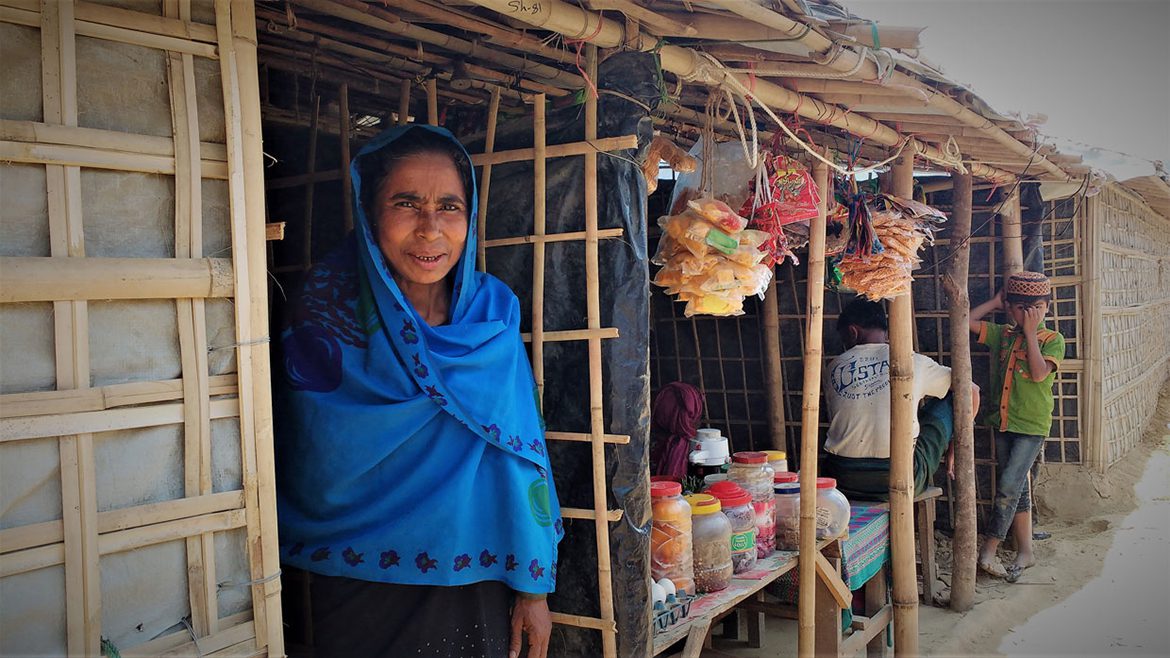
Women helping women survive and thrive in Bangladesh refugee camps
/
Rajiah was a health worker in her home country of Myanmar. Now, as a refugee in Bangladesh, she is making sure she puts her experience to good use and supports and provides information to the pregnant women in her community. Her name means “Hope” – a true reflection of her personality and life’s work. Read more »
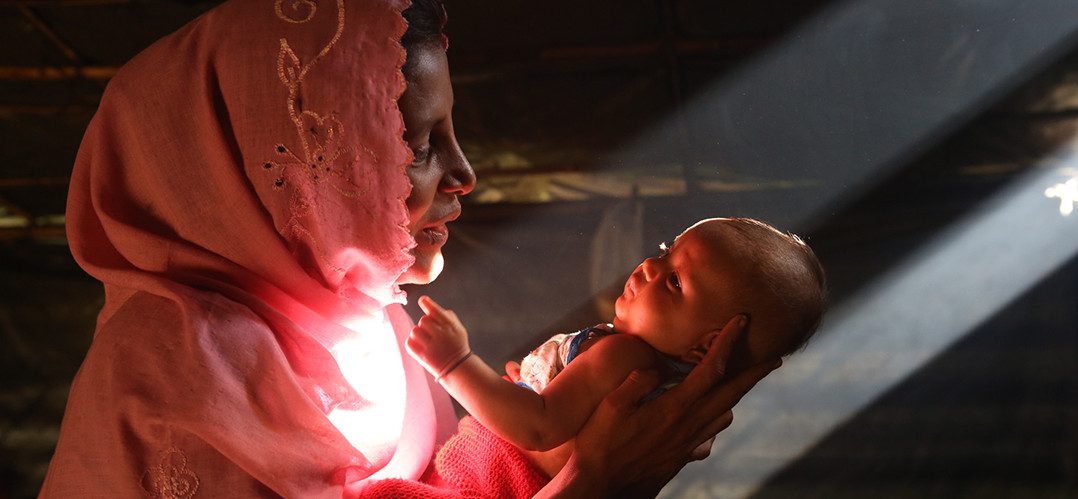
Rohingya refugee mothers tell their story
More than half of the 626,000 Rohingya refugees in Bangladesh are women and girls. There are 120,000 pregnant women and new mothers. Shompa*, Marjina* and Kahinoor* are three such women.
These are their stories. Read more »
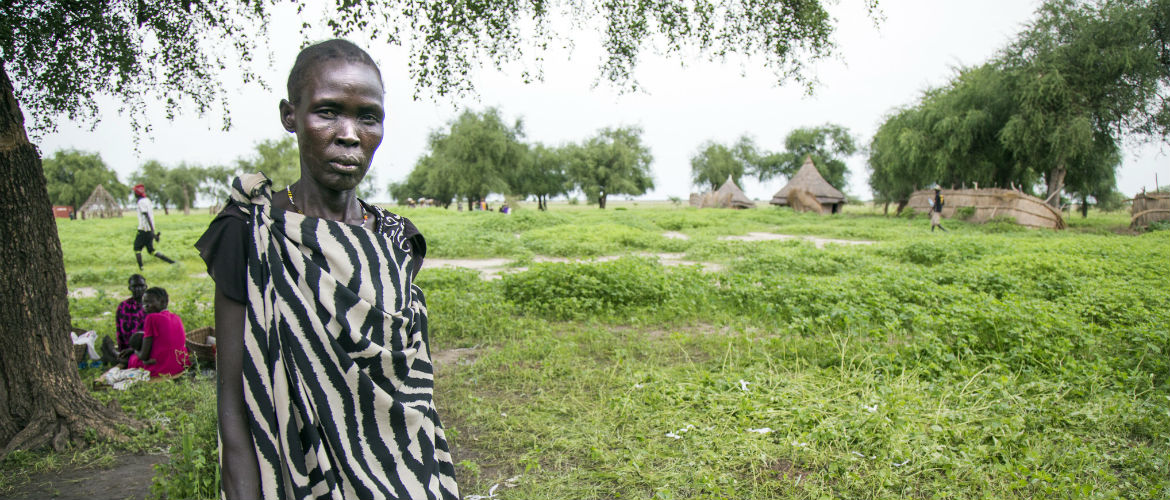
The latest push for peace in South Sudan: we must end this war.
/
It’s been five years since civil war broke out in South Sudan. Earlier this year, Oxfam International’s Executive Director, Winnie Byanyima, visited the country and met some of the strong, hard-working, self-sacrificing women who have been turned into widows and beggars by the conflict. Read more »
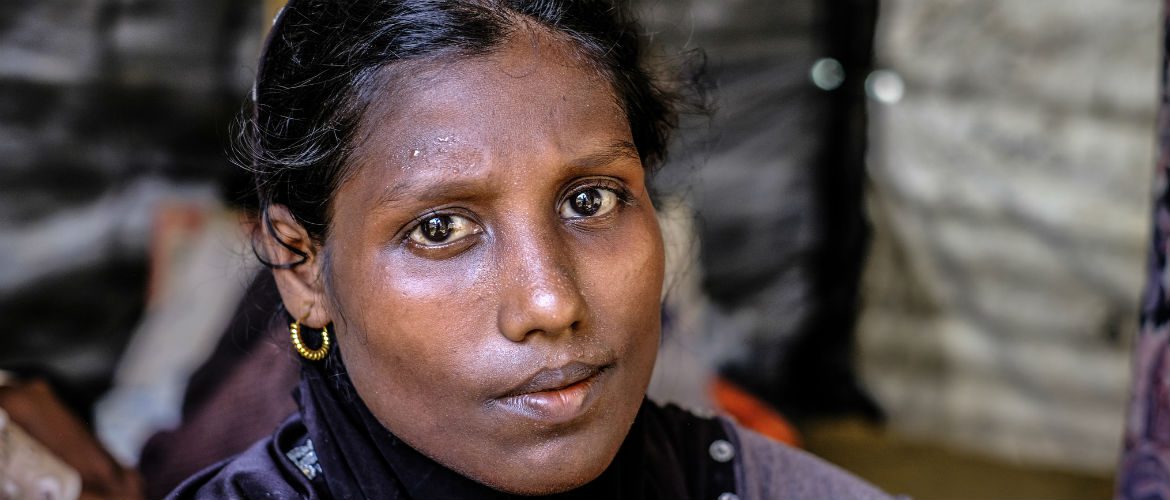
The perilous flight of a Rohingya refugee
/
Since August 25, over 600,000 Rohingya refugees have crossed over into Bangladesh’s southeastern districts. More than half are women. They have faced a treacherous journey across the border. Laila made the journey, five months pregnant and with her two children. This is her story. Read more »
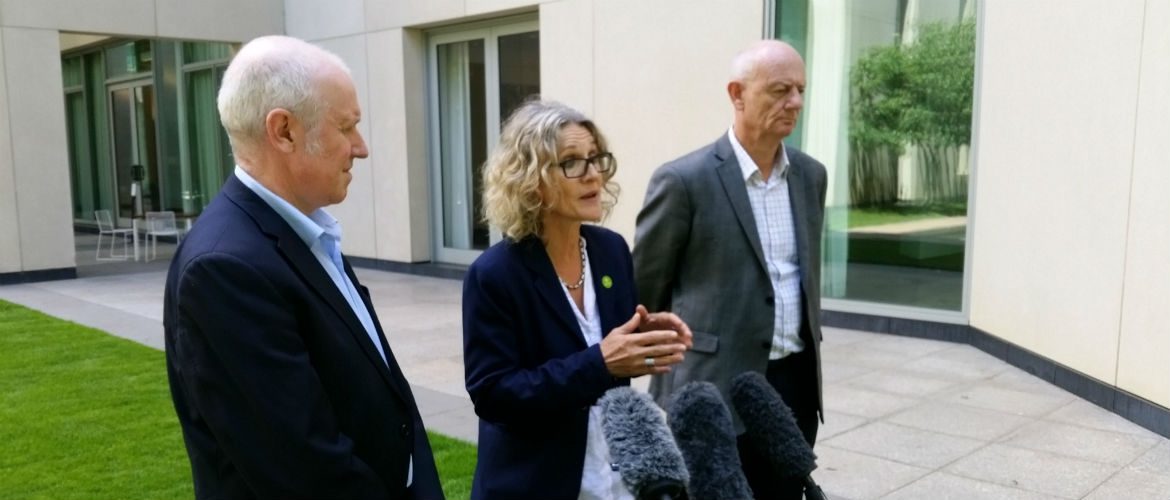
Bearing witness on Manus Island
/
Oxfam Australia’s Humanitarian Lead, Meg Quartermaine, traveled to Manus Island as part of an Australian delegation of INGOs to explore and understand the situation of refugees and asylum seekers detained there. Read more »
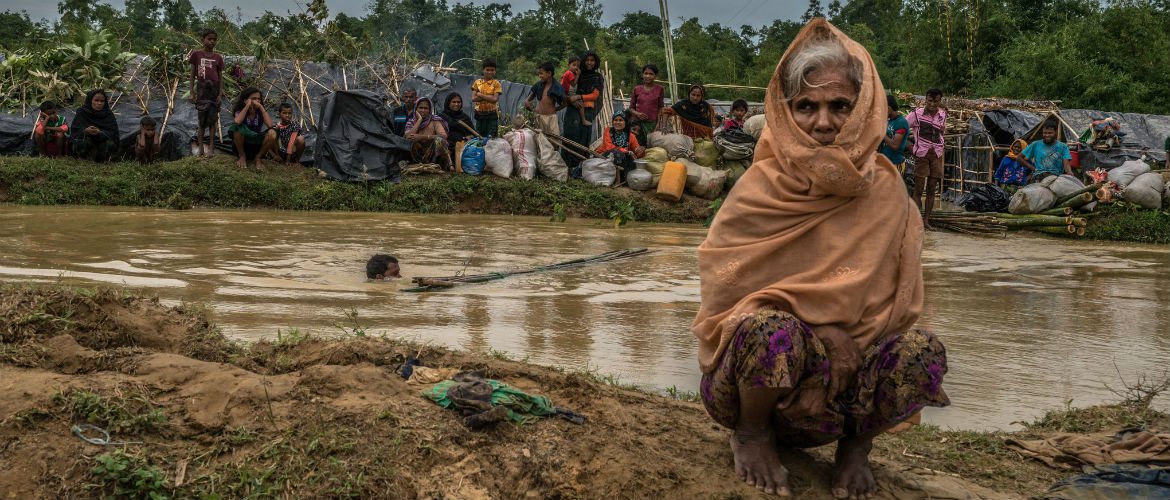
A humanitarian crisis is unfolding in Bangladesh
Hundreds of thousands of Rohingya families are living in makeshift camps, without shelter and clean water. If they’re lucky, they may have plastic sheeting to sleep under, but mostly they are huddled under sarongs. Read more »
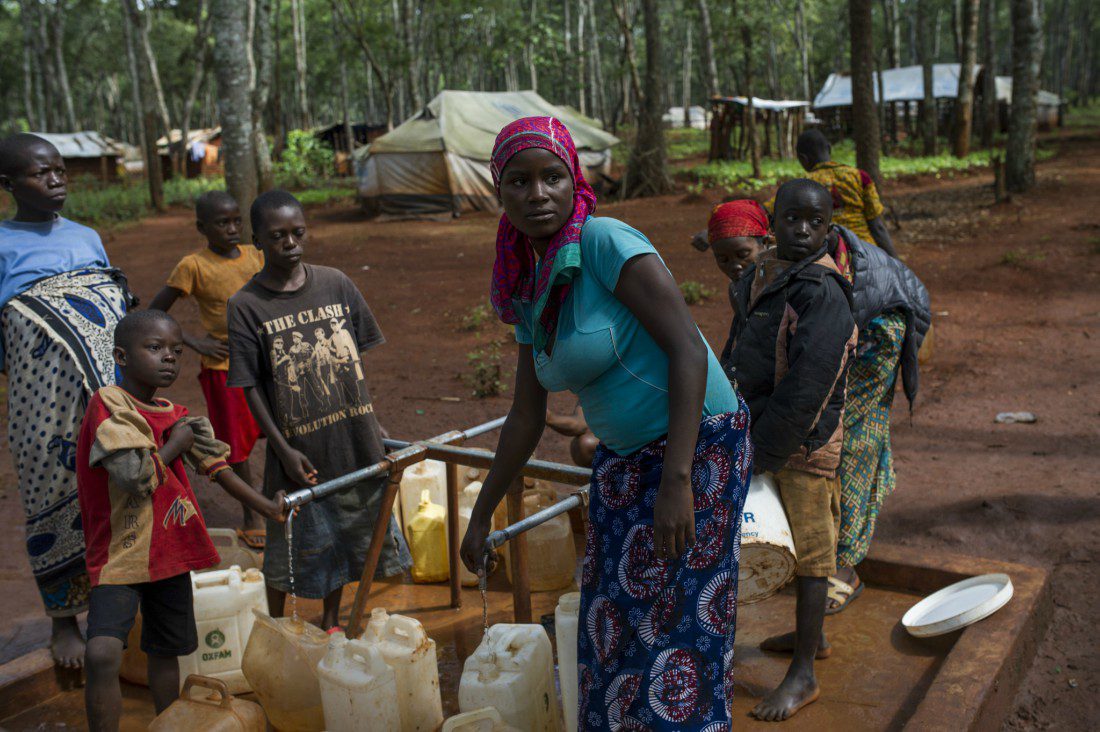
Through a Mother’s Eyes: Life in Nduta Refugee Camp
/
The Nduta refugee camp in Tanzania is home to more than 55,000 personal stories of survival and hope. Godebrite’s remarkable story is one of them. Read more »